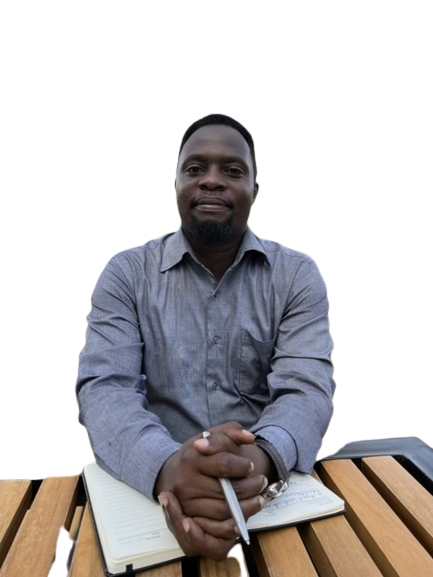
My proposed study seeks to explore the concept of ‘Engaged Scholarship’ as a means to leveraging community strengths, capabilities, opportunities and/or resources to sustainably address systemic drivers of violence against children (VAC) in Uganda.
This vice a prevalent issue affecting the well-being of children in the country. According to the national violence against children survey (2018); one in three girls (35%) and one in six boys (17%) reported experiencing sexual violence during their childhoods. One in four girls (25%) and one in ten boys (11%), of children aged 13-17 years reported sexual violence in the year preceding the study (ibid, 2018). Previous efforts to address VAC in Uganda have not yielded much success and can be characterized as having been linear in design/implementation, with timeframes that assume well known causes and responses of VAC.
Engaged Scholarship (ES) is an approach, ‘that can be directly applied to social problems/issues faced by individuals, local communities, organizations, practitioners, and policy makers.” —Small & Utall (2005). It offers an intentional effort to connect knowledge generated through faculty activity directly to the public in ways that collaboratively address social issues and community needs and concerns.” —Delavega et al (2017). ES can therefore be conceptualized as both a method centered on cocreating and applying new knowledge and a movement focused on prioritizing community identification of needs and social problem-solving strategies- Boyer (1990).
Scholars in the Humanities particularly in in the field of Social Sciences/Social work in Sub-Sharan Africa have largely remained confined in the ivory towers of academic institutions teaching and applying theories passed on from the global north without much reflection on whether these can fit the regional context. Meaningful scholar-community engagement for purposes of co-creation of indigenous knowledge and deriving solutions to social problems is not prioritized. Consequently, research and development processes and their outputs have remained invasive and/or extractive in character, often detached from immediate to medium and long-term community contexts and futures. My study is therefore exploring how the application of Engaged Scholarship can inform the design and implementation community-based interventions and could serve as a springboard for sustainably addressing violence against children in communities.
This study is well aligned to the ‘Resilient project’ as;
- It will explore the relevance and indigenization of engaged scholarship in Social Work training, research and practice in Uganda, the strengths and limitations of the approach, as well as strategies for its adoption in Uganda’s context.
- It also offers the potential to promote the concept and practice of ‘Engaged Scholarship’ or ‘University-Community Engagement’ as an alternative approach to addressing social problems in communities- based on the findings from this study
- The study methodology, findings and conclusions will add to the global body of knowledge on engaged scholarship through publications on the subject with literature from the global south.
I am really looking forward to grounding my knowledge in research, specifically research theories, methodology and scientific writing. It provides a unique opportunity for me to understand how collaborative research projects work, to become a part of the community of scholars that value moving the scholars from university ivory towered to the grassroots, and ability to publish in peer reviewed journals and contributing to scholarly knowledge. I also hope to widen my networks/friendships both in the global north and south by meeting new scholars and faculty; and to enjoy the experience of cultural diversity that the program exposes us to through the student exchange at the university of Agder in Norway.
My only concern is being able to complete my study within the stipulated time given that it’s part of the resilient project that it’s time bound. However, I relish the challenge and aim to do my best in embracing this opportunity to make a difference in the world we live in.
